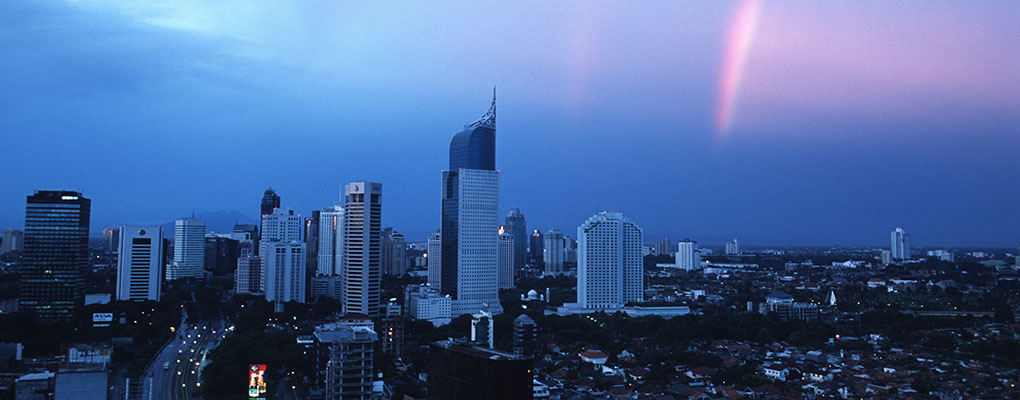
Indonesia’s finance ministry has announced that it will give tax holidays of up to 20 years to foreign investors in six specified sectors. The decision is the latest prong in the new economic package that is presented by President Joke Widodo, also known as Jokowi, in a bid to improve the country’s flagging economy.
The series of bold moves indicates the ardent endeavour by the incumbent regime to improve Indonesia’s flailing economy
Companies eligible must invest a minimum of $71m; in return they could receive a tax break ranging between 10 and 100 percent. The new regulation hopes to prop up pivotal industries, including machinery, chemicals, maritime transport, as well as upstream oil and gas enterprises. The initial period for the tax holiday will be between five to 15 years, with a possible extension of a further five years. According to The Jakarta Post, the initiative will enable companies to earn twice the revenue that previous regulations permitted.
Jokowi had a busy August implementing various changes aimed at reversing the current trend of slow growth. August 12 saw the appointment of new ministers in trade and finance in an attempt to improve policy-making procedures. Then on August 20, the president instructed his cabinet to carry out considerable deregulation measures in order to improve the country’s investment climate.
The series of bold moves indicates the ardent endeavour by the incumbent regime to improve Indonesia’s flailing economy. But after less than a year in power, the economy’s performance under the leadership of Jokowi continues to worsen, with many arguing that it can no longer be considered as ‘emerging’. Restrictive regulations are still a major obstacle, together with stifling red tape and high levels of corruption in business. Inadequate infrastructure is also to blame, but various much-needed projects have yet received the go ahead from the country’s premier. Given Jokowi’s latest stratagems, it appears that he is finally on the right path and getting to the crux of the issues afflicting the economy. Yet only time will tell if this new direction endures and is enough to turn things around for South East Asia’s largest economy.


